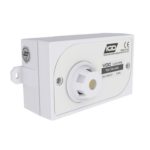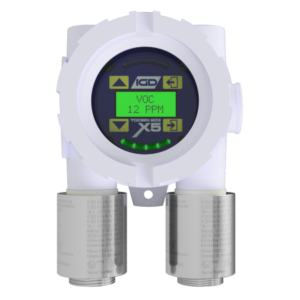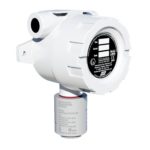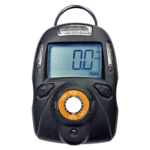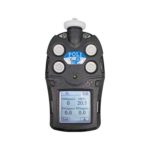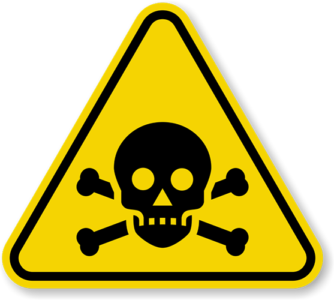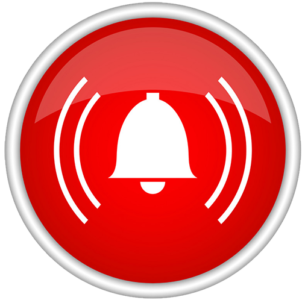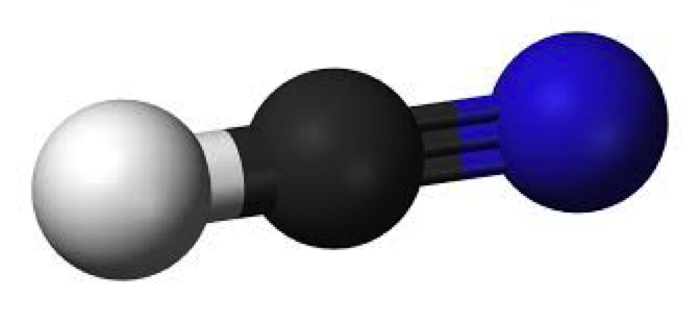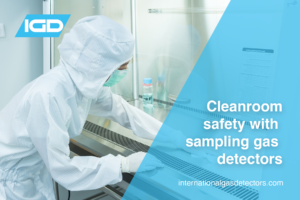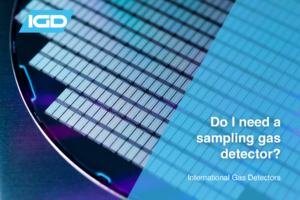Hydrogen Chloride (HCL) is a colourless, highly toxic gas with a strong odour. HCL is also highly corrosive. Hydrogen Chloride readily dissolves in water to give Hydrochloric acid. In moist conditions, Hydrogen chloride gas reacts with water in the air to give clouds of Hydrochloric acid.
We can provide a range of hydrogen chloride gas detector solutions depending on what your site requires. Whether this is a full fixed system, using our industry leading addressable system, or a standalone ATEX transmitter connected to a site wide rack system, we have the solution. The below discusses the hazards of hydrogen chloride and typical applications. In addition we will also discuss some of our hydrogen chloride gas detector solutions. If in doubt give our team a call and we can discuss your requirements and provide a solution.
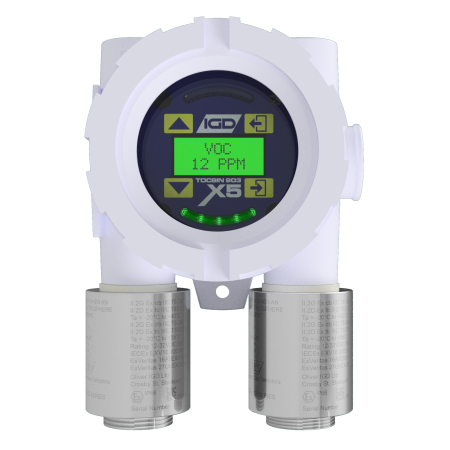
TOC-903-X5 Standalone and Addressable Gas Detector Transmitter
Where is HCL Used?
Hydrogen chloride is used in the manufacture of:
- fertilisers
- dyes
- a number of industrial chemicals.
- It is used to separate cotton from wool and fluff in the textiles industry.
- in electronics industry, to etch semiconductor crystals.
- HCL is also used to treat synthetic rubber and in metal processing treatments.
Examples of a Major Leak:
At a vinyl plant in Cheshire in 2000. A storage container leaked Hydrogen Chloride into the local area, which resulted in an explosion and 18 tonnes of Hydrogen Chloride to leak into the local area. This caused an evacuation of the Vinyl Plant and local residents were unable to leave there homes for many hours because of fear of exposure to the Hydrogen Chloride Gas. Had gas detection been used, the leak could have been detected at an earlier stage, preventing the explosion, consequential disruption and potential injury or loss of life.
Health Hazards of Hydrogen Chloride:
Inhalation of HCL at low levels over short periods of time can cause throat irritation. Exposure to higher levels may result in effects including rapid breathing, blue colouring of the skin, fluid accumulation in the lungs and in extreme cases severe swelling of the throat, suffocation and death.

